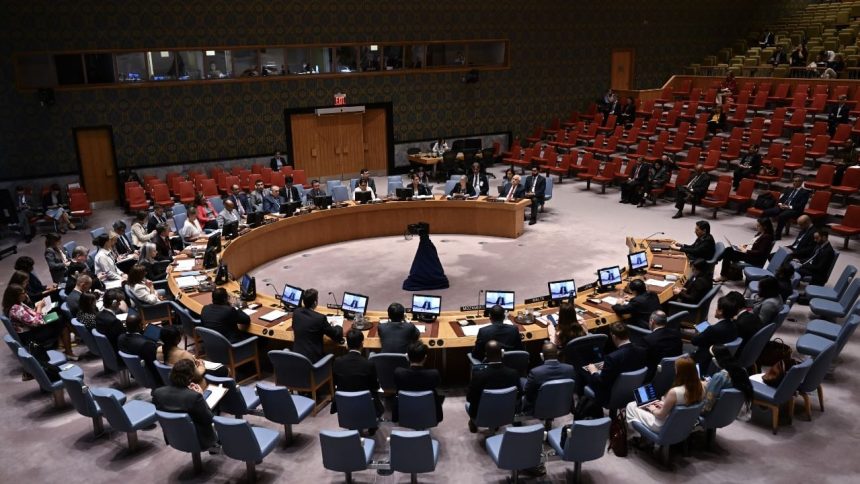New Delhi: India has renewed its emergency financial assistance to the Maldives by subscribing to USD 50 million in government treasury bills for another year. This is the second instance of such aid provided to the Indian Ocean nation this year.
Despite ongoing efforts by India to influence the situation, experts remain skeptical about any major changes occurring in the near future. There are four major hurdles that India needs to address in order to obtain veto power within the United Nations, according to an article written by Dhananjay Tripathi and published under Creative Commons by 360info.
China’s opposition
Of the five permanent Security Council members, only China opposes India’s bid for a permanent seat. China aims to maintain its dominance while resisting changes in the UNSC amid ongoing border disputes. It hints at supporting India if New Delhi refrains from endorsing Japan’s candidacy, keeping the G-4 unified.
Reform of the Veto Power System
Some parties propose that India could join the UNSC without veto power, supported by the Uniting for Consensus (UfC) coalition, which advocates for more non-permanent members to enhance accountability and representation. However, questions arise about the implications of India securing a high seat without veto power. New Delhi firmly insists that all new permanent members must have veto rights, which made the scenario unlikely.
Regional Representation and Competition
The US has tentatively endorsed India’s bid for a permanent UNSC seat, but skepticism remains about actual support for reform. Historically, P-5 countries have been non-committal on veto powers. Experts point to India’s independent stance, particularly during the Ukraine conflict, as a reason for caution. Given these dynamics, it’s unlikely the US will back a reformed UNSC granting India veto power.
Global Politics and Strategic Interests
India faces major regional challenges to its leadership, particularly amid growing instability. While the India-Pakistan rivalry garners attention, issues affecting Nepal, Bangladesh, Sri Lanka, the Maldives and Bhutan also arise. Bangladesh’s recent government shift has fuelled doubts about India’s regional influence, questioning its aspirations as a global power, according to Tripathi.
The UN Security Council urgently needs reform, and including developing countries like India could enhance its effectiveness. However, India must address criticisms related to political intolerance, democracy, human development, economic inequality, and infrastructure. Strengthening regional engagement and internal reforms are essential for bolstering India’s claim for permanent membership.
